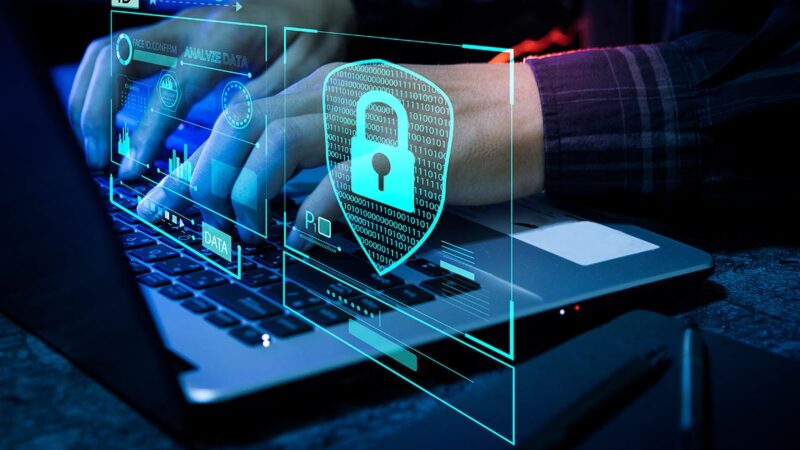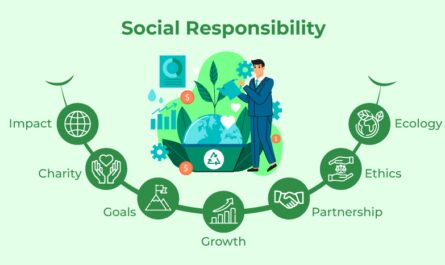The number of identity-theft victims has increased considerably in recent years. Given the growing trend of data theft, we share some tips to protect our personal data on different internet platforms.
Page Contents
1. In the email:
Use different emails for the most important accounts and people, like banking, streaming, and the less important ones, like registrations, marketing, etc.
In the case of user registration, try to choose data that is not easily linked to you. For example, you could certainly guess that [email protected] is called Anthony and that he was born in 1990. And cybercriminals are likely to deduce that the same username is applied to other accounts, which makes it easier for hackers to gain access to them.
On top of that, don’t open emails if you don’t know the sender, and don’t click on any links or download attachments if you’re not sure they’re trustworthy.
If an official organization sends an email asking you to download something or share information, better call directly to confirm that request because many of them do not send emails in the first phase of contact.
In addition, do not click on a suspicious link. Although this is one of the most popular phishing techniques, its use continues thanks to how easy it is to fool users with any link they receive.
Unless you look for them, check more than once the accesses that are shared with you, regardless of who sends them. Although it is clear that non-registered contacts should trigger any alarm, you also need to pay attention to close figures or entities that could be the object of impersonation.
2. For eCommerce:
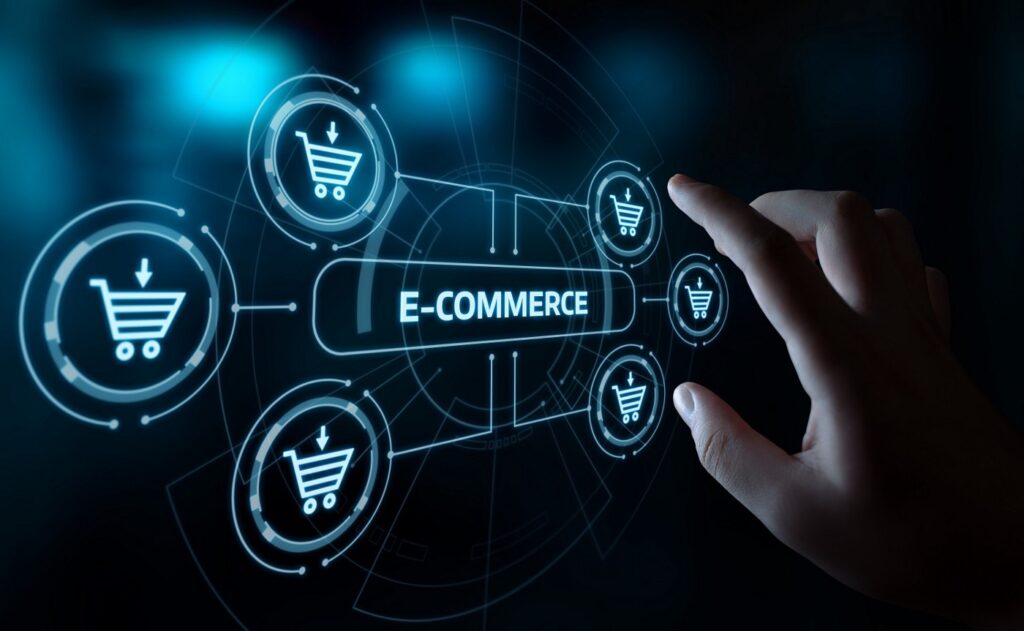
No matter whether it is your favorite online store or not, the procedure for saving card data is far from being protected. Even trusted and reliable stores can also fail and expose their customers’ card data improperly, and saved passwords can be easily discovered by hackers.
If you are going to use the card to make purchases online, verify that the financial institution offers extra security steps or prefers virtual cards. Several institutions already offer this online shopping modality because a virtual card has a different verification code in comparison with a physical card. What is more, you can block or delete it with each use.
3. On social networks:
Like true showcases, social networks can attract not only stalkers but also malicious people having access to all kinds of information from location, age, and place of work to vacations.
All this leaves the user more susceptible to theft. That is why it is important to increase the consideration given to published content and make privacy adjustments. Make sure only trusted people are following the profile, block unknown users, deactivate automatic tagging and disable your location.
Before getting in touch with some unknown person, we recommend checking their profile on PhoneHistory. You can also Google them to see if the info they provide across different networks is the same.
4. With passwords in general:
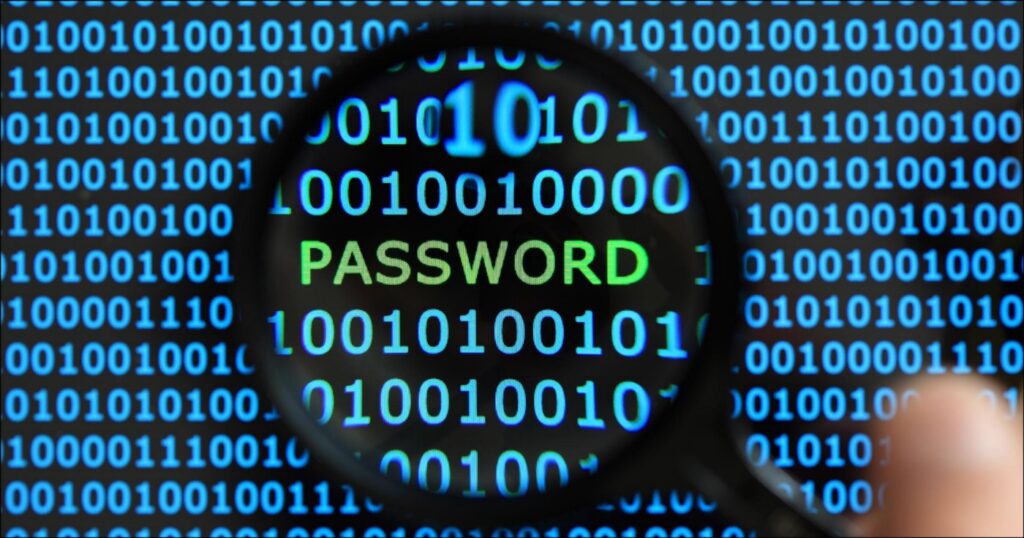
Do not repeat the same password on different sites. By applying the same password, the user opens gaps and risks becoming a victim of scams which happens when offenders steal information from a website. Also, you should create a tough password that is impossible to crack using unique signs with long combinations of words and numbers.
5.In the cloud:
Keeping your data in the cloud today is one of the safest options. Cloud storage services can be more secure than your devices as there are chances to have them lost or stolen.
Obviously, passwords should be really complicated and avoid having private data that anyone could guess: the name of your pet, the maiden name of your mother, or your date of birth.
But do you know what cyber security experts suggest? To prevent the formation of identifiable habits, specialists ask users to change their passwords constantly, at least once every two months.
We also recommend not using password manager programs or pages, as they could be subject to massive hacks.
6. On used devices to be discarded:
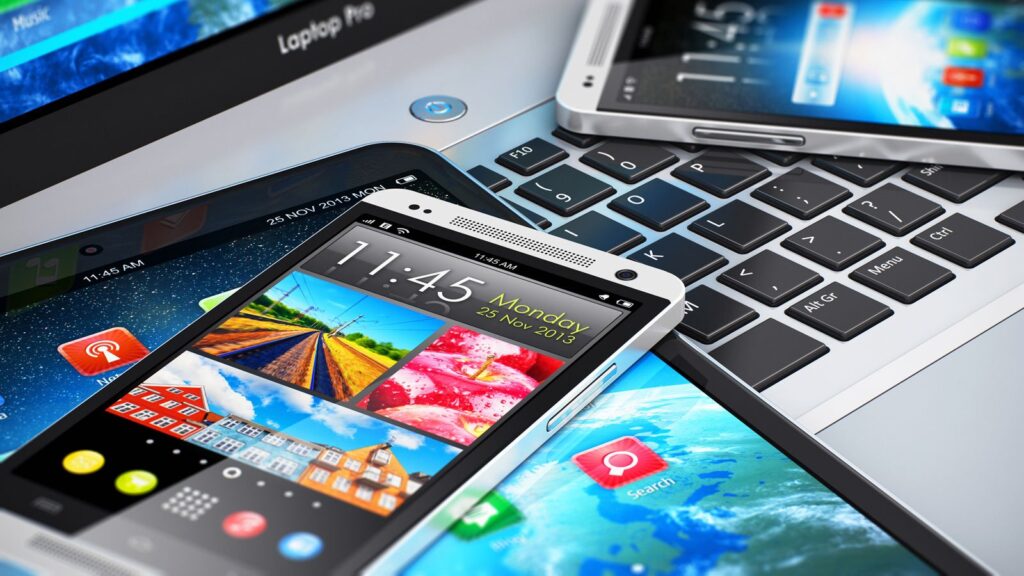
We live in a society of great consumption. That is why when we get rid of cell phones and old laptops, including flash drives or USBs, the devices should be disposed of correctly since they also store data.
It is not enough to just digitally turn off the information, it is better to destroy the devices or dispose of them properly. Any data left on the discarded device can easily be salvaged by a cybercriminal and cause great damage.
7. On public Wi-Fi networks:
This is one of the most sensitive issues about connectivity. Currently, many places offer free internet access through public Wi-Fi networks: cafeterias, restaurants, hotels, shopping centers, parks, government buildings, and even various types of public transport.
Although convenient, these networks could also be a danger to your personal data, since many times their security measures are easy to corrupt, and anyone could have access to your information, so it is better to avoid public Wi-Fi.
If you find yourself forced to use those open lines, we recommend equipping your computer with a good antivirus and making use of the privacy tabs of browsers where no sensitive data is accumulated. Nor should you enter banking services, emails, and social networks while you are connected to a public Wi-Fi network.
8. Last but not least, check which devices are connected to your accounts:

One of the most common problems in the care of personal data is that internet users rarely pay attention to the number of devices connected to their accounts.
Unlike Netflix or Spotify, where the more devices are connected to an account the better, the number of devices connected to your accounts, especially work accounts, banking applications, and payment services, such as Amazon and PayPal, should be under strict control.
If you don’t know how to check how many devices are linked to a single account, we recommend checking it as soon as possible.
